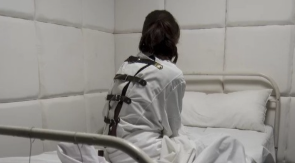

The treatment of mental illness has involved a profound transformation over the centuries. From the harsh conditions of early asylums to the rise of modern psychiatric care, this course explores the historical milestones that shaped mental health treatment as we know it today.
We begin by examining the origins of psychological institutions, including their intended purposes and the often inhumane conditions within. As we move through the 19th and 20th centuries, we uncover pivotal changes, such as the moral treatment movement, advancements in psychoanalysis, and the introduction of psychological medications that revolutionized care.
The course also delves into the deinstitutionalization movement and its unintended consequences, including challenges in community-based mental health services. We will explore how neuroscience, psychotherapy, and public policy continue to evolve to improve psychological care.
Additionally, we will discuss the shifting perceptions of mental illness and the role of advocacy in shaping policies. How have societal attitudes influenced spiritual practices? What can history teach us about reducing stigma and improving access to care? Through real-world case studies, we will analyze the successes and failures of past mental health initiatives.
By the end of this course, you’ll have a comprehensive understanding of how psychodynamic care developed, the key figures and theories that influence it, and the lessons history offers for the future of mental health treatment. Whether you are a student, professional, or mental health advocate, this course will provide valuable insights into the past, present, and future of psychiatry.
There are no reviews yet.
You must be <a href="https://wislibrary.net/my-account/">logged in</a> to post a review.